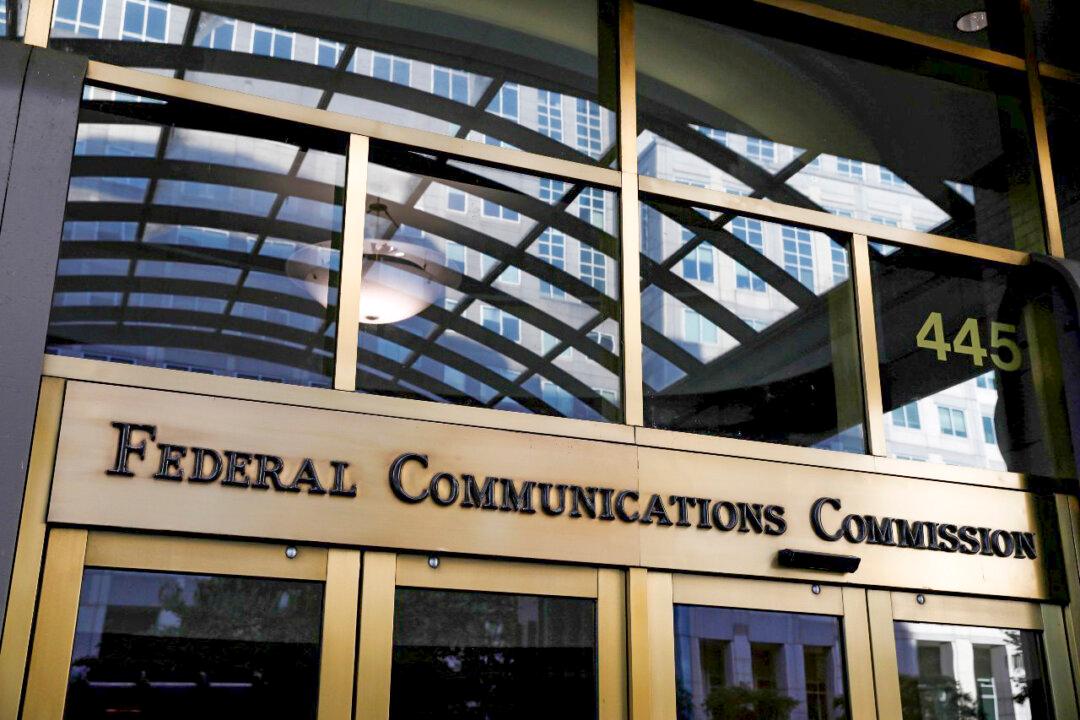A U.S. appeals court on Aug. 1 temporarily blocked the Federal Communications Commission’s (FCC) reinstatement of Obama-era net neutrality regulations that would reclassify broadband internet.
The court found that several broadband companies will likely succeed in a legal challenge against reinstating the FCC rules that would classify broadband internet providers as common carriers and subject them to heightened regulatory requirements.




